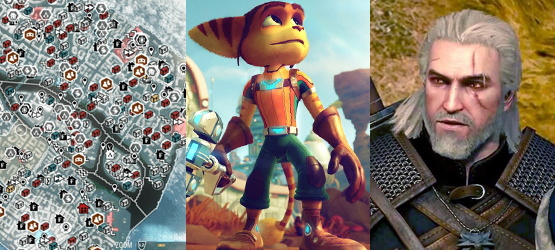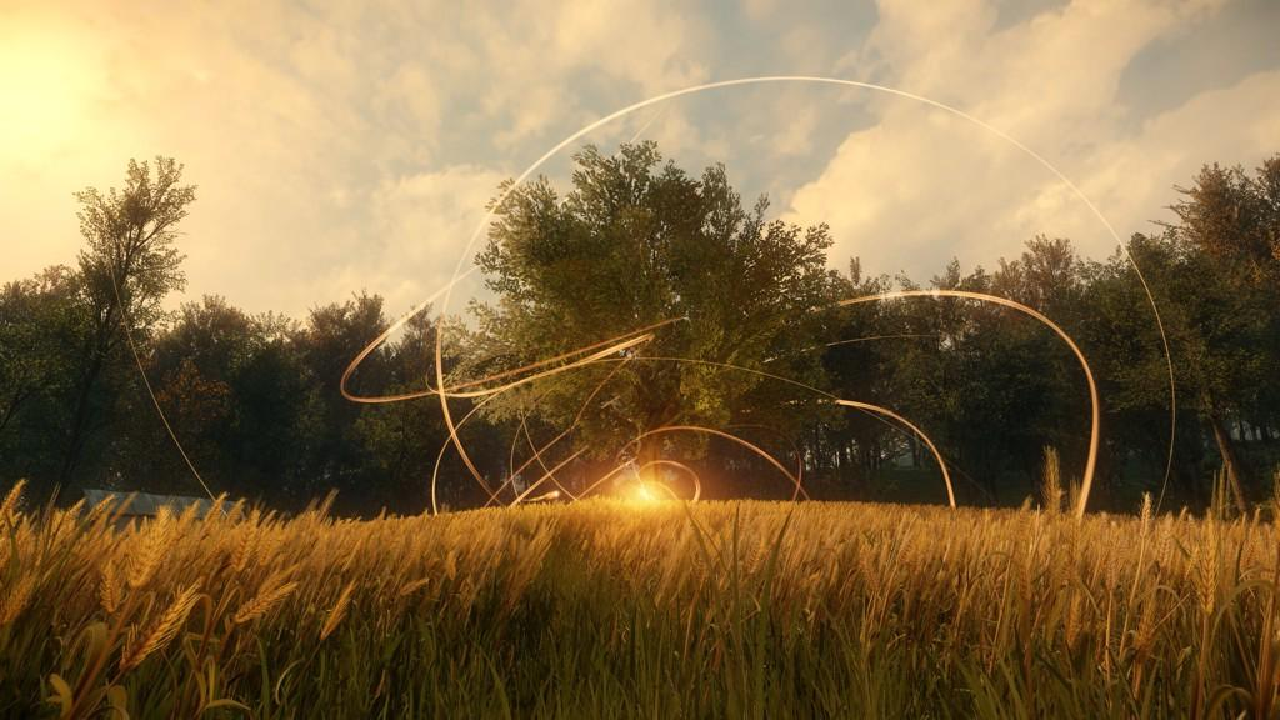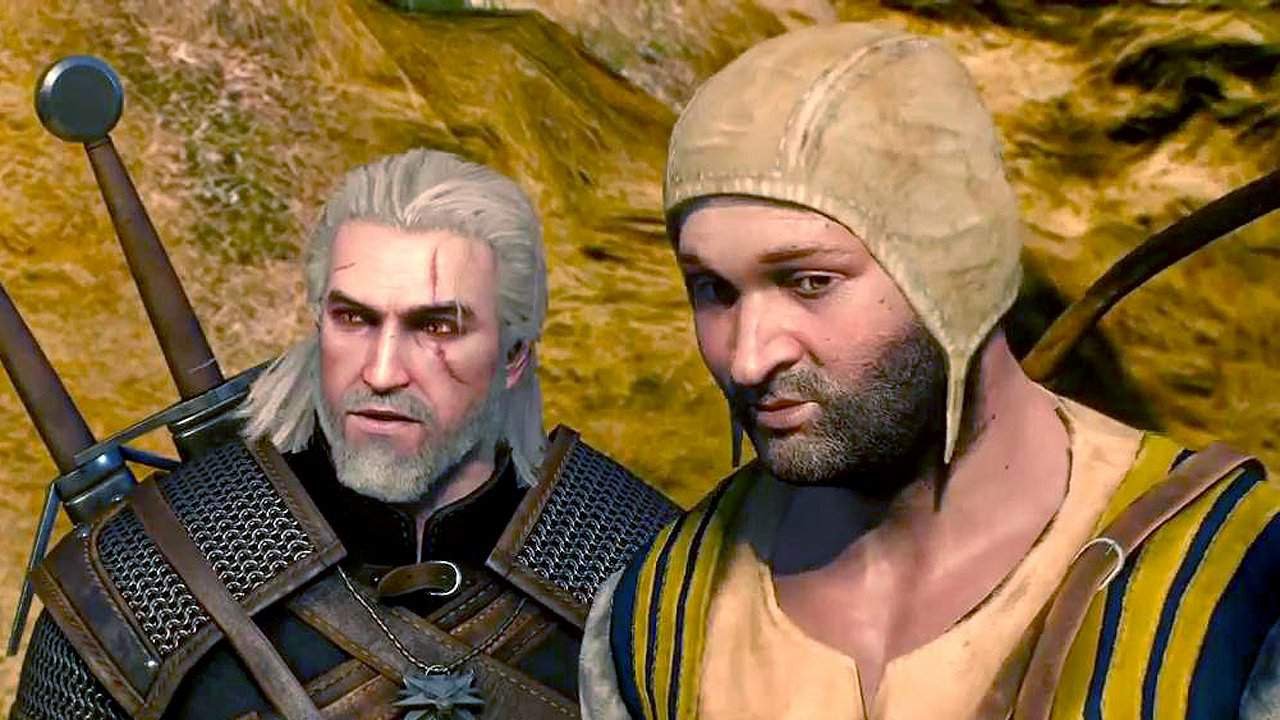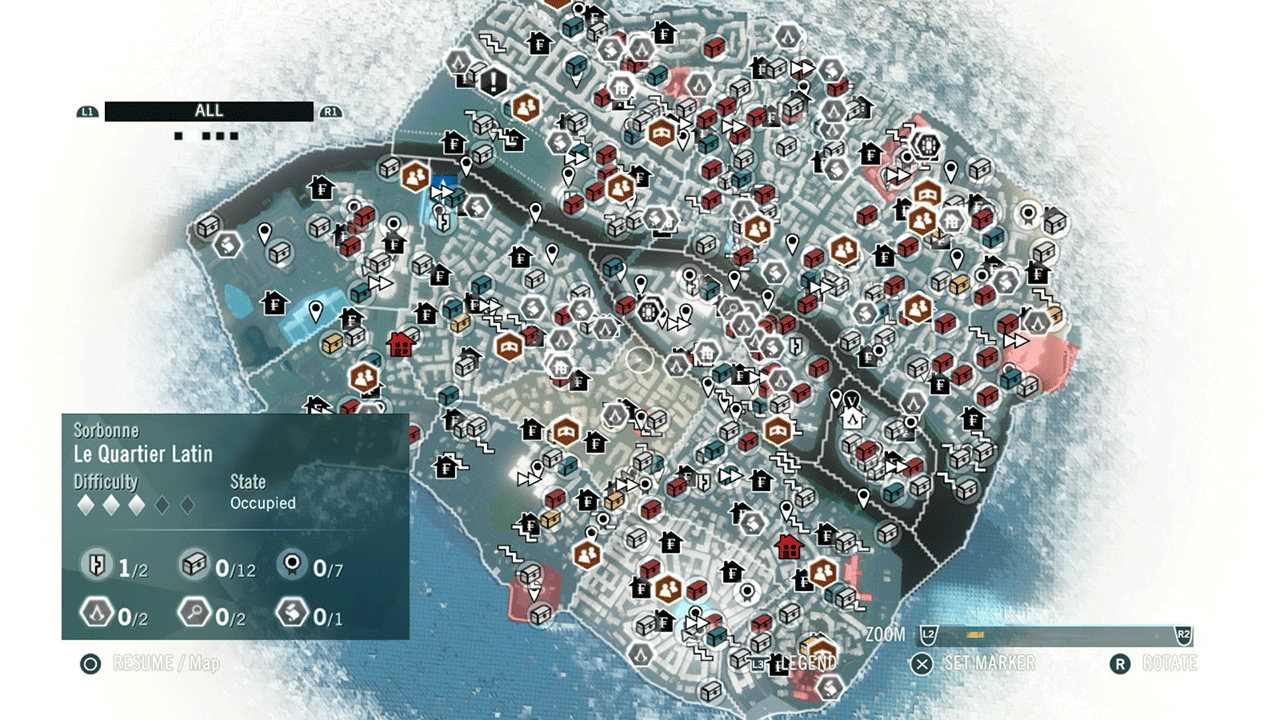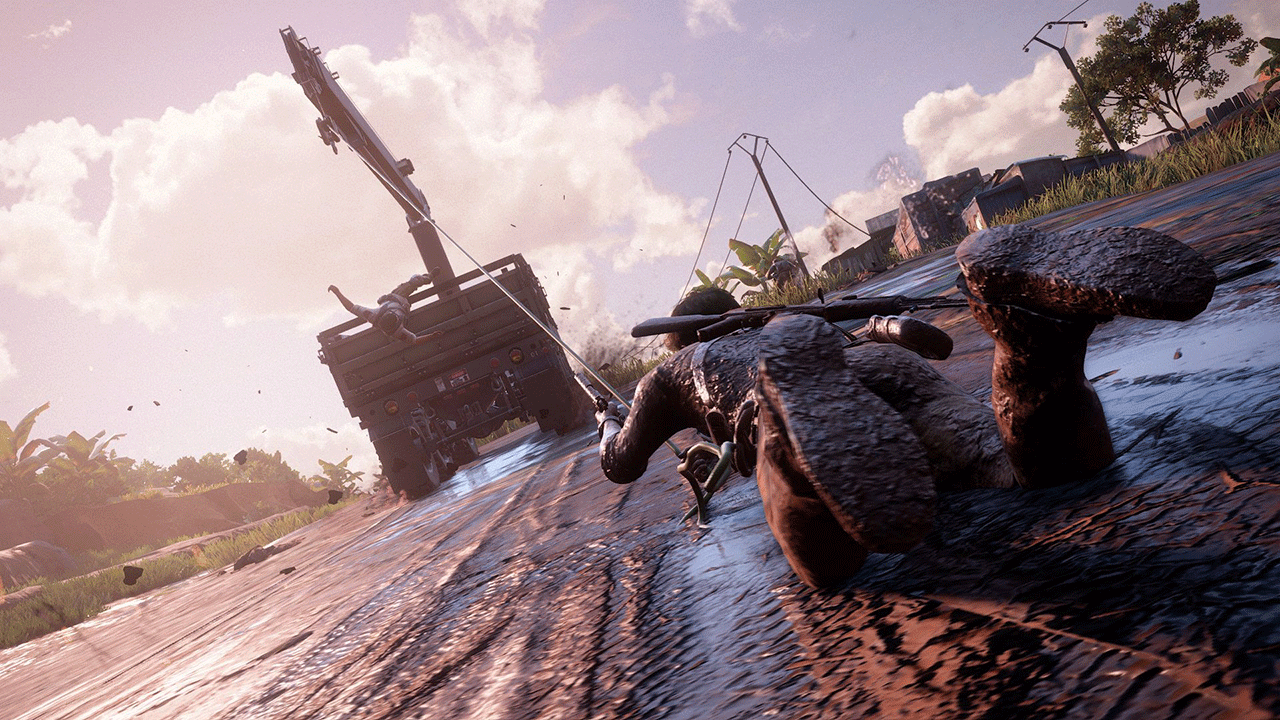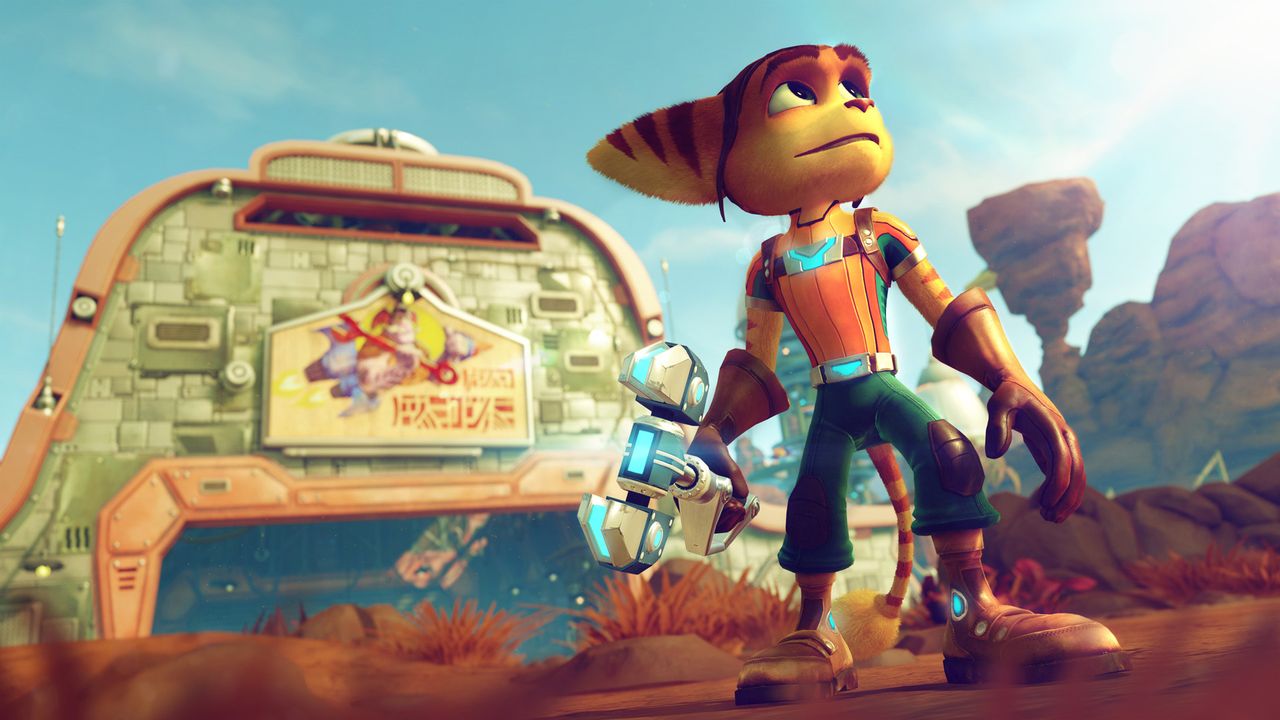With E3 behind us, it’s time to pretend the ludicrous number of promising games coming in 2016 don’t exist. This is really the only way I can stay content with the games in my present, rather than obsessing over the games of my future.
The Witcher 3: Wild Hunt was released into the wild (kill me) a little over a month ago. I’m 30 hours in and at this point I really have no idea how much of the main game I’ve completed. It does a commendable job blurring the lines between main and secondary quests. But after 30 hours, I’m noticing a few game mechanics I’ve had a long-standing grudge against.
Here are ten game mechanics that need to change or get the hell out of games. Then, stick around to the end to see a few recommendations and let me know which game mechanics irk you.
Tutorials
The Chinese Room had a fine showing at E3 with their gorgeous next offering Everybody’s Gone to the Rapture. The team reinforced that they do not tell players how to interact with the world and, instead, trust the player to find their way. This provides a much more organic sense of discovery and forces the developer to consider the way players interact with their game rather than leaning on crutches like tutorials.
Granted, these walking simulators are far less complex than a AAA game. Then again, From Software’s Demon’s Souls, Dark Souls, and Bloodborne, offer next to nothing in the way of a traditional tutorial. They place the player in a dangerous environment and trust that we’ll, y’know, start pressing buttons. And it works.
The Witcher 3 used a flashback sequence to teach you such difficult tasks as walking and, its cousin, running (which turns out is like walking, but faster). Then it just throws a handful of log entries at the player for the things it probably should explain. For shame.
Item Pickups
BioShock: Infinite was a great game, especially if you like to eat food you find in the garbage. Surely everyone has flipped the lid of a dumpster and seen a perfectly edible half of a hot dog that made your stomach grumble. Attention game developers, I pick up maybe three things a day. My phone, my keys, and my PS4 controller. I do not pick up wooden spoons, books on local politics and religion, or an assortment of bones on the regular. Please do not design your games around the act of picking up stuff. It’s boring. Unless it’s a sword covered in lightning. I will never tire of picking that up.
Fetch Quests
A common complaint with open-world games is the fetch quest. Guess how many fetch quests I do each day in real life? Almost zero. Unless you call getting coffee a fetch quest. It sort of is. Okay, one. But definitely not 287. The Witcher 3 made a valiant effort in trying to add importance and depth to its fetch quests, but at the end of the day, it’s still a fetch quest. I simply have better things to do than move pixels.
Inventory Systems
Speaking of picking stuff up, someone needs to commission a study on the parallels between hoarders and gamers who obsess over looting every dragonfly corpse for their precious wings. The problem with inventories is that being able to carry everything breaks immersion, while not being able to carry enough feels restrictive.
The Witcher 3 used saddlebags to provide an explanation for being able to carry 27 swords at a time, but it didn’t allow for much in the way of sorting and also didn’t offer any way to store items (at least that I’ve found).
Minimaps
Minimaps ruin discovery. Plain and simple. The Witcher 3 allows a lot of customization but it’s one of the few to do so. Most open-world games pepper their maps with icons to direct players to where the fun is to be had and then provide a Google maps style arrow to lead your every step there. Developers spend years handcrafting gorgeous worlds that contain details the majority of us will never see because we’re encouraged to walk around with our heads down.
Turning it off completely just isn’t an option. Games like The Witcher 3 and Dragon Age: Inquisition are simply not playable with the maps turned off. Progression within the game is based on the assumption that a player will know how to get anywhere and everywhere at all times. In real life, I can ask a stranger for directions, any stranger. Not just the one who gives me a task. Games have not advanced to the point where wayfinding in a virtual world can be completed without a minimap.
Quicksave/Quickload
I have yet to find a quicksave and quickload as great as the one found in Half-Life. I still remember the process to save and load took less than a second and I never had to navigate a single menu. Autosaves are becoming more common and developers are improving how they implement them, but when it comes to manual saving and loading, it’s astounding how much of a chore the process still is.
Character Momentum
Despite great advances in motion capture, animation, and game physics, many titles still don’t do character momentum very well. Characters either turn on a dime as if all of space and time have no affect on them, or they start and stop with the momentum of a semi-truck filled with bee hives (that is, slowly). Some games have nailed the reality vs. fun equation for player momentum. Naughty Dog seems to have it down, Ubisoft’s Assassin’s Creed series moves at a particularly fine pace. More of that, please. Less of Geralt’s zero-to-60 in whenever Roach feels like moving.
Fast Travel
I get it. No one wants to slog through areas of the world they’ve already been through. That’s not a great experience. But it also highlights a failing in the open-world genre as a whole. Quests in many open-world games force players to revisit areas they’ve already left and familiarity breeds contempt. These virtual worlds are often not interesting enough to make multiple strolls through a town a pleasant experience and not a chore.
The struggle with fast travel is determining its rules. If you let a player jump from point to point without restriction, they aren’t really playing. And if you make the system too strict, then moving through the world takes too long.
The Witcher 3 handled it by forcing players to discover signposts in order to travel back to locations and only allowing travel from signpost to signpost. It was a great balance, but they didn’t employ it in the pacing of their quests. Instead, they made players travel back to watch generic NPCs give them a pat on the back.
Weapon Types
If there’s one thing Insomniac Games knows, it’s weapons. I will confess to never having played a Ratchet & Clank game, but I’ve seen the commercials. I have played (and loved) Sunset Overdrive, though. The game design itself encouraged players to experiment and to at least try other weapon types. By contrast, I use one or two weapons in Assassin’s Creed, I use one weapon in Bloodborne, and I pretty much only use assault rifles in FPSs. There is often no reason to switch it up because one weapon capably suits all scenarios. An axe is a sword is a mace is a staff.
Dialog Options
It was a fantastic idea. Instead of watching conversations I could actually have one. Except somewhere along the line some developers thought this was the mechanic. It isn’t. The mechanic is multiple endings, multiple branching paths, cause, effect, and player choice. Dialog options were a byproduct of creating a game that allowed players to tailor the story to themselves. If a game has none of these and every road leads to the same destination, players cannot be tricked into thinking dialog options affect anything other than triggering a slightly different audio file to play.
Further, creating a poor illusion of choice weakens the story. It’s fun to play as yourself in a game, but sometimes its just as fun to play as someone else who makes their own choices and takes the player along for the ride. Don’t fall somewhere in between. That’s where forgettable protagonists go to die.
The Witcher 3 does have multiple endings and branching paths. It also has a clever system of distinguishing dialog options that will advance the conversation from the ones that are meant to follow-up on the present conversation. But when you get a little choice, you want more. Geralt often responds to situations in a black and white context. Do the task, don’t do the task. Kill the enemy, pay the enemy to go away. Sadly, there often isn’t a lot of nuance to his responses.
Recommendations
As promised, I’m not the type to criticize without offering some suggestions. Browse my ideas and then propose some of your own in the comments below. What common game mechanics annoy you and how can they be fixed?
Essential Reading:
- The Ultimate – The Last Guardian
- Microsoft is Primed to Trump Sony Come Holiday Season Despite E3 2015 Success
- 15 Third Party PS4 Titles to Anticipate in 2015
10 Game Mechanics That Need to Evolve (or Die)
-
10 Game Mechanics That Need to Evolve (or Die)
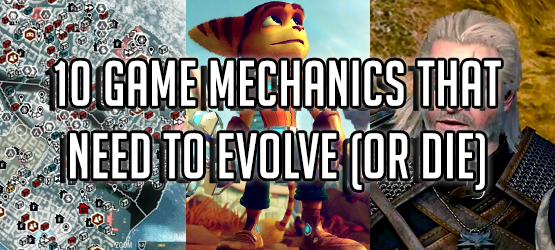
-
Tutorials
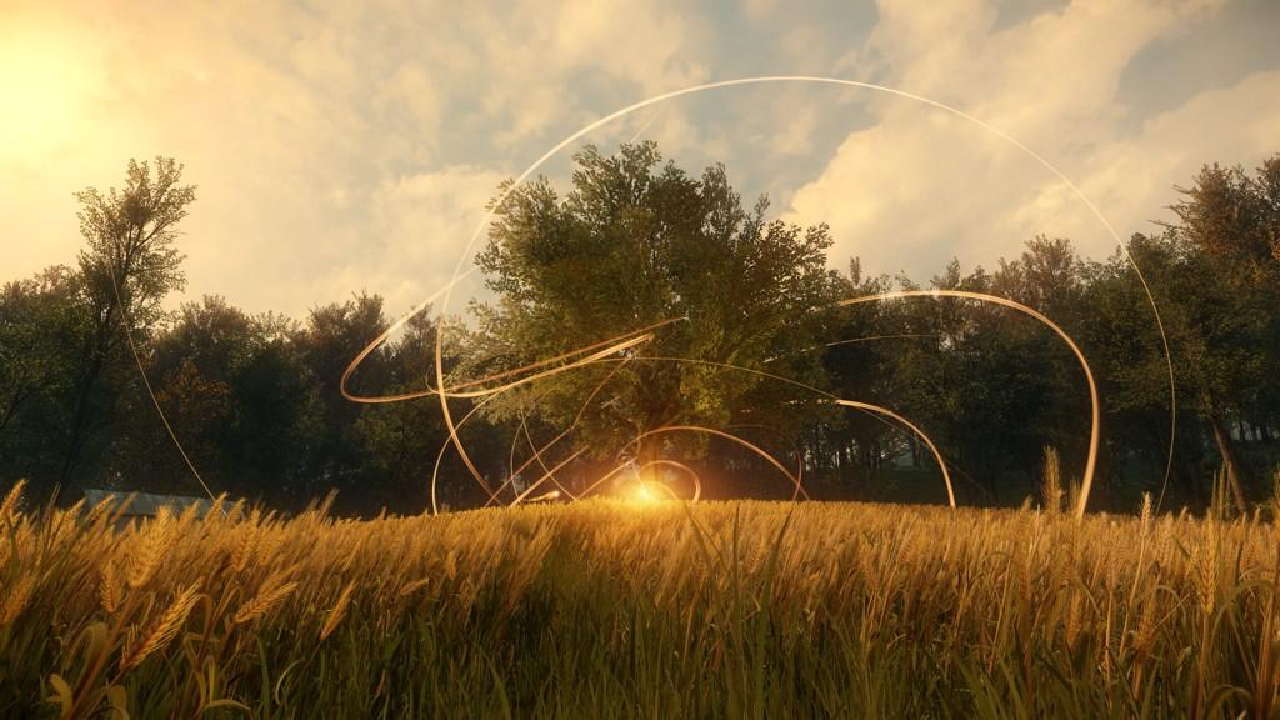
Recommendation: Banish them entirely. Use contextual in-game scenarios to showcase more complex tasks. Let players play! They'll figure it out or teach one another.
-
Item Pickups
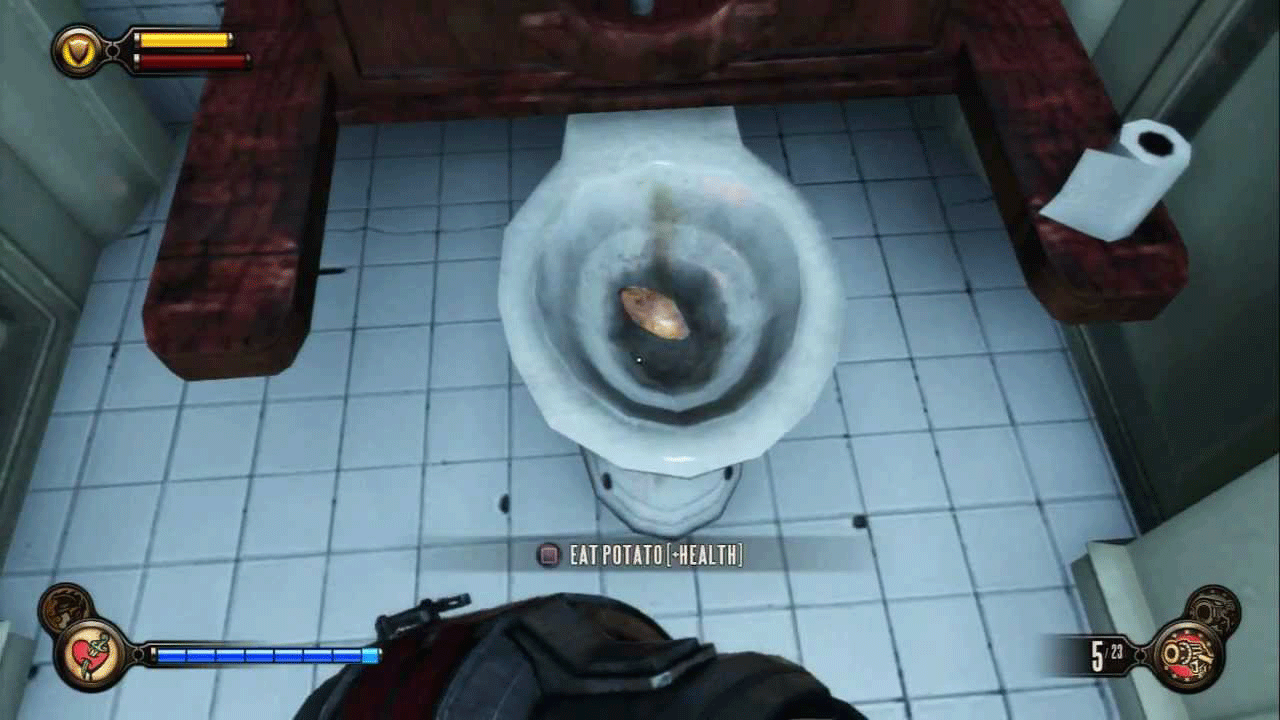
Recommendation: Small, manageable inventories are great. Don't design quests and games that require the player to have 37 pinecones on hand just in case.
-
Fetch Quests
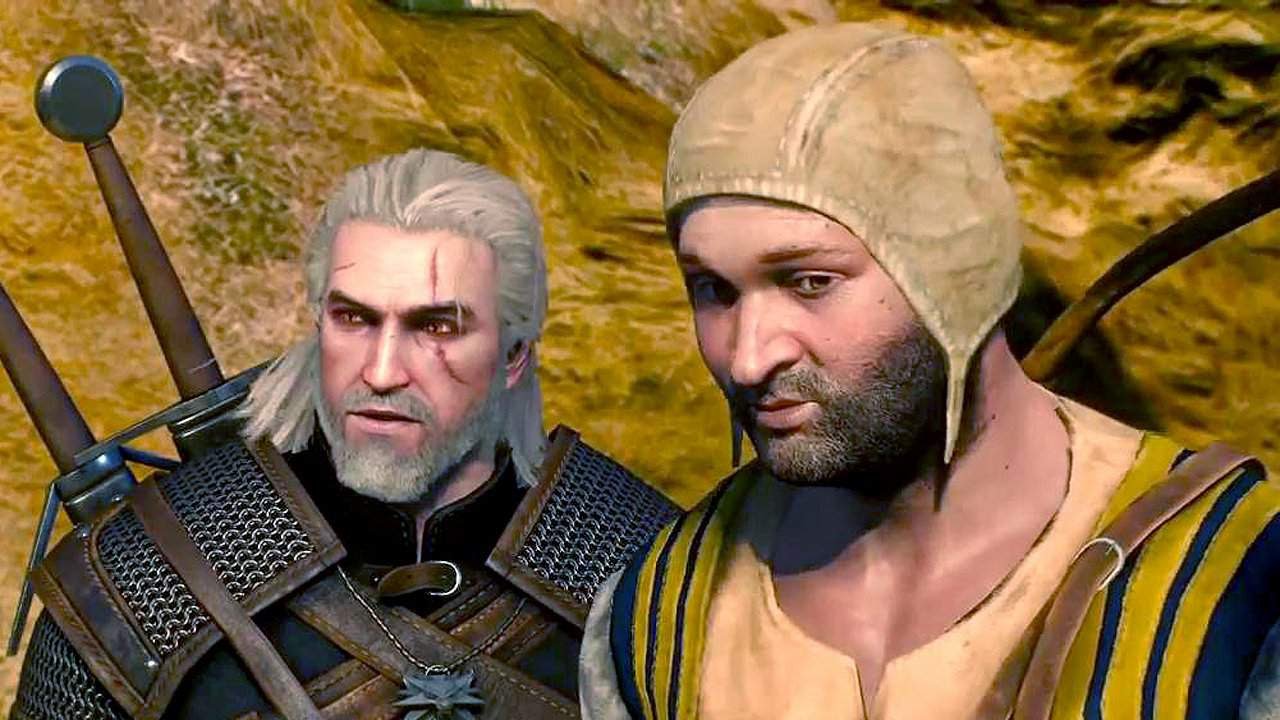
Recommendation: Provide a main quest that is so expansive and diverse it allows for organic tangents that feel important. Fetch quests are artificial bulk. Get rid of them. Invest the time in a main quest that satisfies for 40+ hours instead and my time will feel valued.
-
Inventory Systems
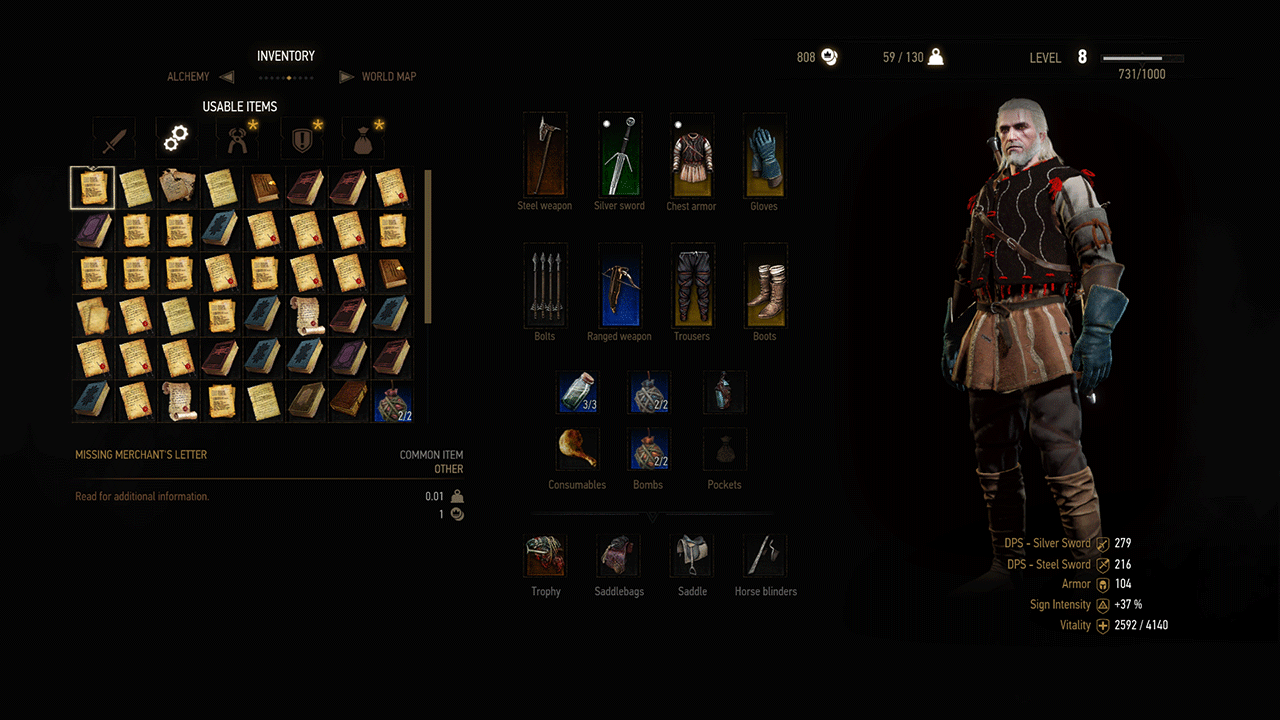
Recommendation: It doesn’t take a lot of effort to find creative ways for game worlds to make sense. In The Witcher 3's case, why not add an option for the banks in Novigrad to not only exchange currency, but allow you store items in safety deposit boxes?
-
Minimaps
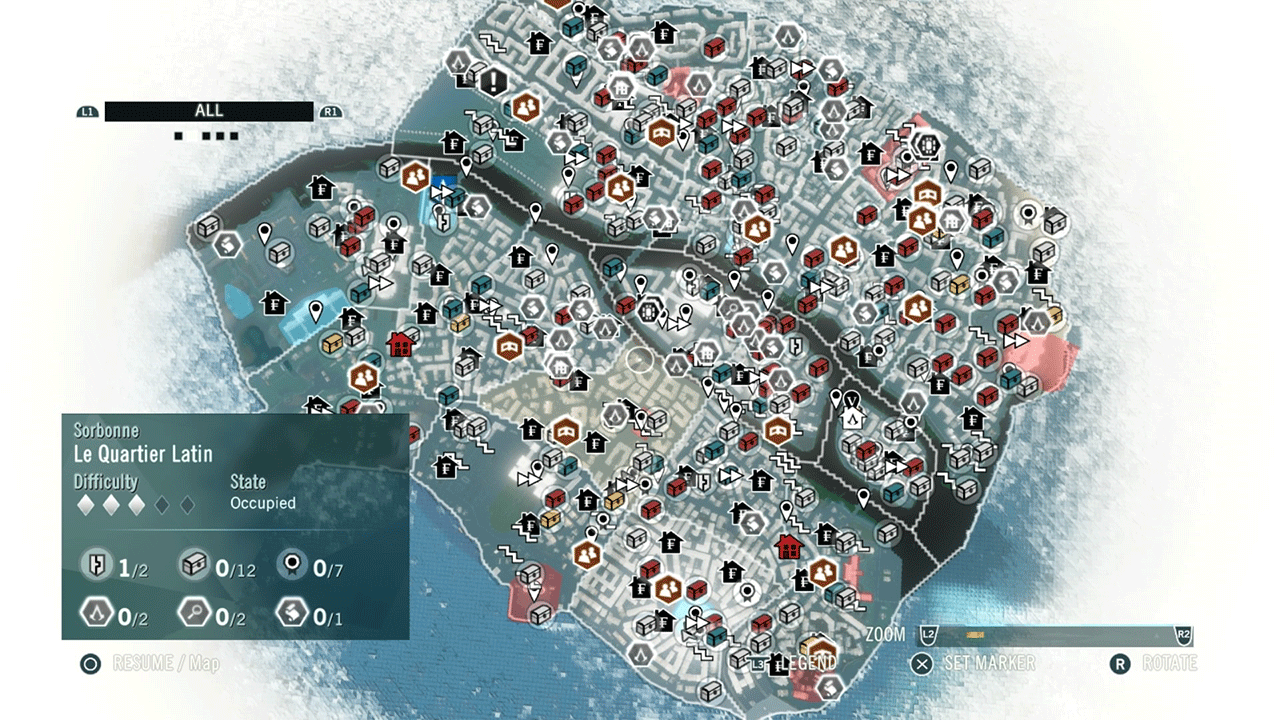
Recommendation: Allow for maps in towns. Outside of that, no map, no icons, until you explore the area. Create a world that can help players find their way intuitively without a map using landmarks, signposts, and NPCs that can offer more than grunts and stock expressions.
-
Quicksave/Quickload
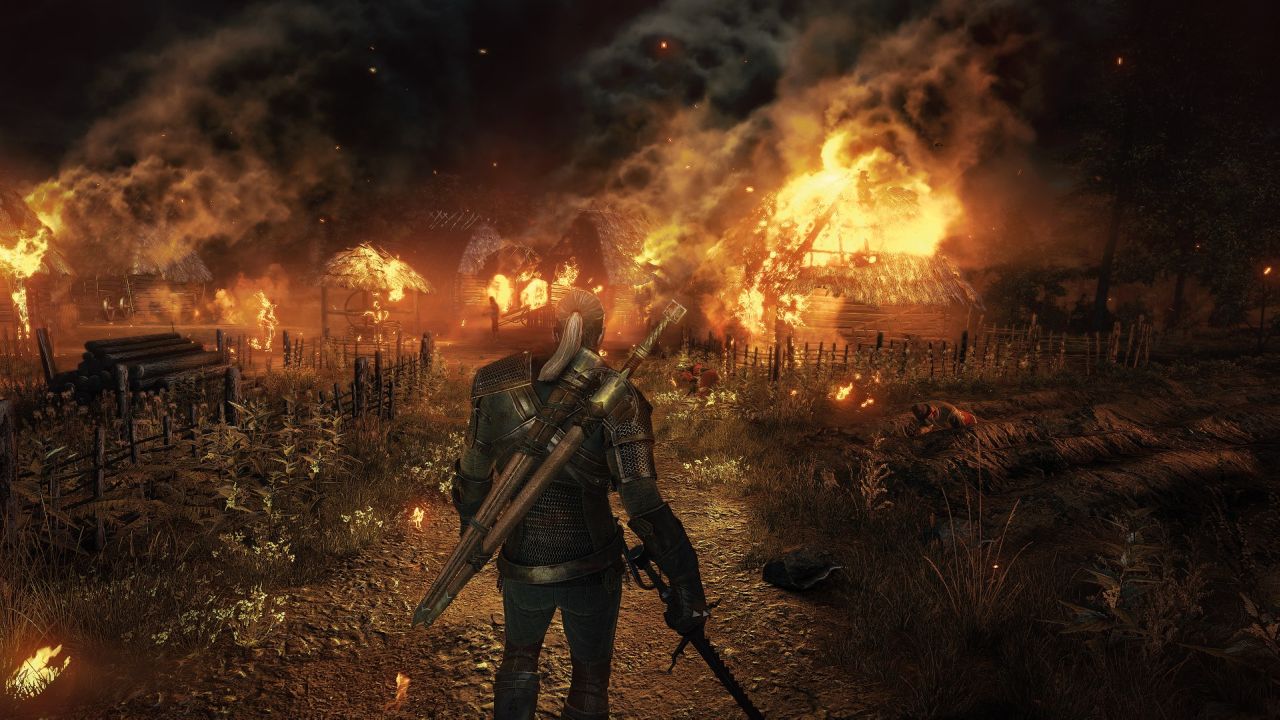
Recommendation: If games insist on traditional save/load mechanics, integrate it into the control scheme. Here’s a freebie, double-tap the touchpad to save, hold it to load. I’m positive that will lead to absolutely zero accidental saves...
-
Character Momentum
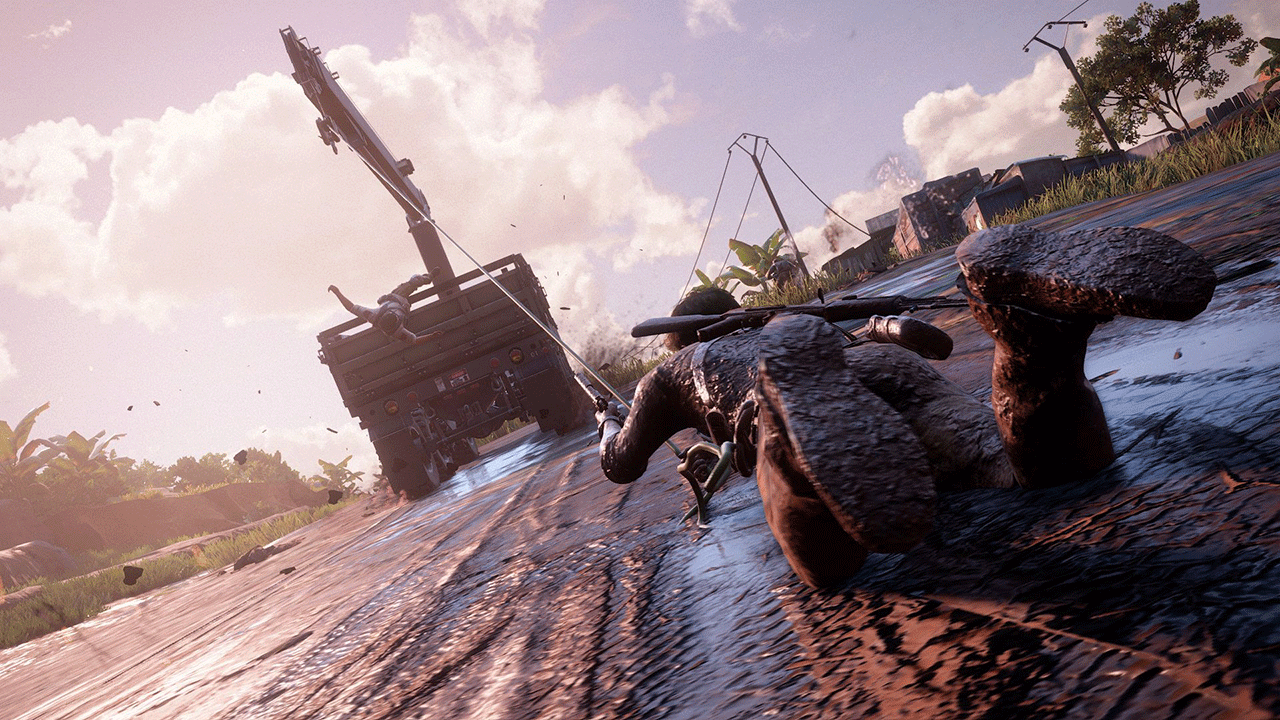
Recommendation: Just pay Naughty Dog for their player momentum algorithms and be done with it.
-
Fast Travel
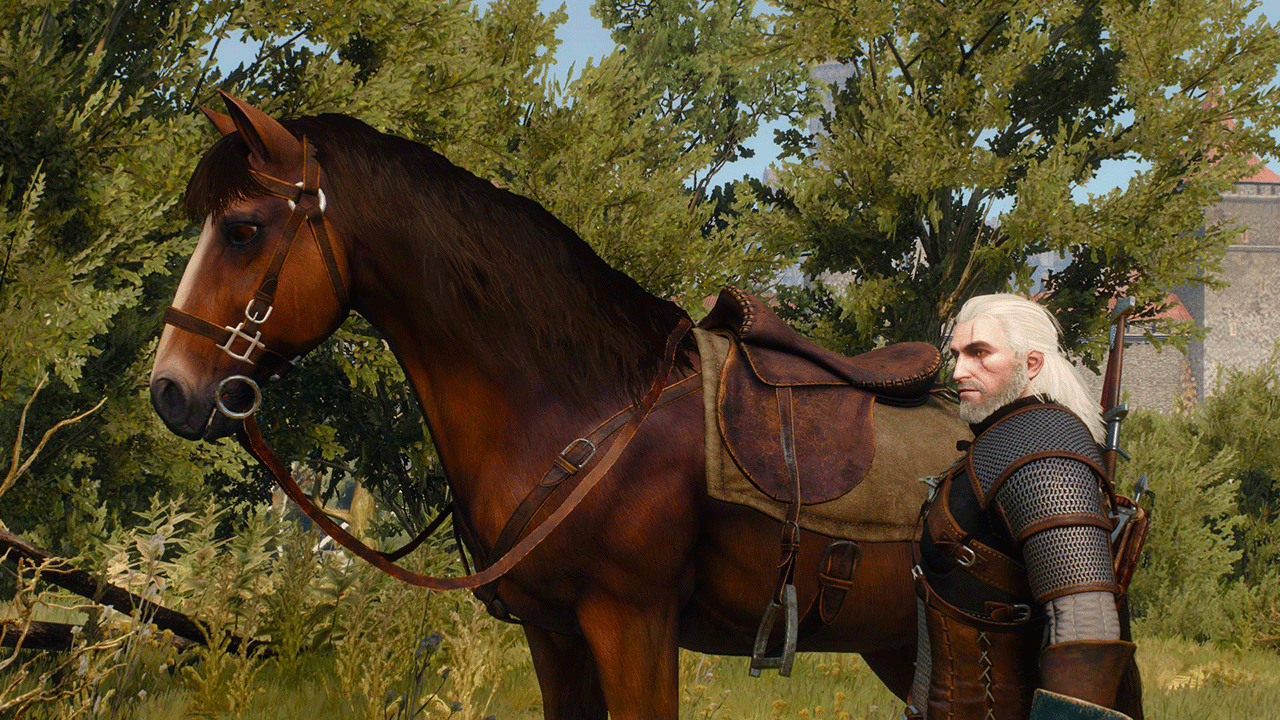
Recommendation: All killer, no filler. Don’t make me backtrack unnecessarily. Use fast travel any time it keeps a player’s progress moving forward and avoid ever making a player move backward.
-
Weapon Types
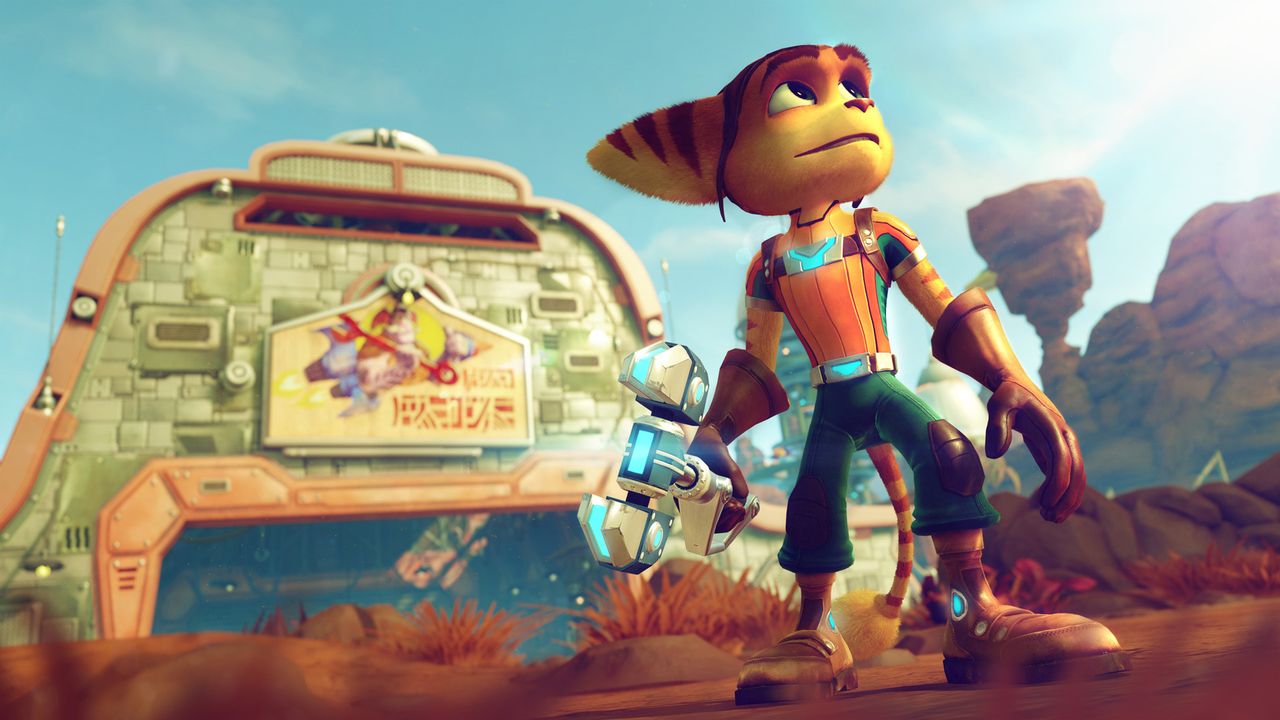
Recommendation: Have fun with weapon types. If you must have an axe and a sword, make them play differently. Not just heavy swing vs light swing, let it impact the way a character is responded to, let it affect the way a character develops, etc. If your game can’t include explosive teddy bears, then do some research to find the medieval equivalent to one (there totally is one).
-
Dialog Options
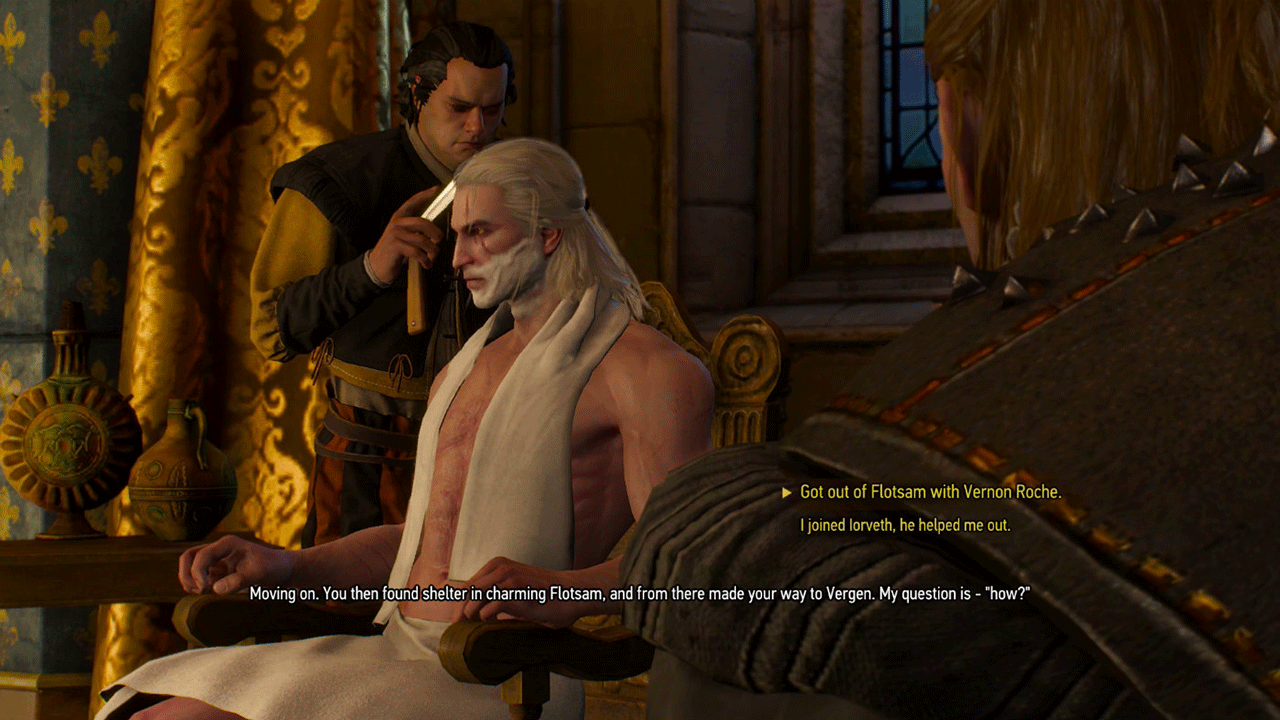
Recommendation: Player choice will grow and become more complex as technology (and budgets) advance. But if a game cannot (or does not) provide the foundation for meaningful dialog options, don’t include it. It weakens your story and insults the player.
